Reduce cholesterol with daily oatmeal
Since 1997, oatmeal has been given the status of a “qualified health claim” by the FDA. Health claims on food labels are claims by manufacturers of food products that their food will reduce the risk of developing a disease or condition. This oatmeal health claim has allowed advertisers to mention it as a heart friendly ingredient on any products that contains oatmeal. There are very few foods that have approved health claims.
Since the 97′ ruling, oatmeal has been further reviewed, and Dr. James W. Anderson, professor of medicine and clinical nutrition at the University of Kentucky College of Medicine, has said that during the past 15 years, since the original studies showing the positive correlation between oatmeal ingestion and cholesterol reduction that “Whole-grain products like oatmeal are among some of the best foods one can eat to improve cholesterol levels, in addition to other lifestyle choices.”
Recently this July, in an article by Swedish researchers Dr Kristina E. Andersson and Per Hellstrand, the researchers found that oats not only reduce LDL or “bad cholesterol”, but they also have a positive impact in easing inflammation.
So as an easy starting, point, I suggest that oatmeal is an easy way to begin building a habit of daily heart-healthy food intake. This was the first habit that I built into my routine when I started to go about reducing my own cholesterol from a high of 352 mg/dl (9.1 mmol/L) in Sept 2011 down to a low of 170 mg/dl (4.4 mmol/L) in Aug 2012. Daily habits will help you win the battle of high cholesterol.
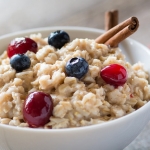
Reduce cholesterol with daily oatmeal
Ingredients
- 1/2 cup whole oatmeal not instant
-
1 1/3
cup
water
Cholesterol Busting Topping (per person):
- 10 walnuts
- 1/2 banana
- 1/2 cup blueberries or blackberries
- 1 tsp cinnamon
- 1 Tbsp raw organic coconut oil
- stevia or agave syrup to taste small amount
Instructions
-
Add oatmeal and water to small pot, bring to a boil then simmer for 15 mins
-
Once done, remove from heat and put lid on and let rest while you have your morning shower. It will magically lift off the bottom of the pot, making it super easy to clean.
-
Add oatmeal to a bowl and add the toppings – that’s it, you’re done!
Recipe Notes
Dose: Eat as a replacement for heart-unfriendly breakfast cereals (almost all store bought breakfast cereals are terrible for health)
Toppings: I will get into the the details of each of the amazing toppings above, but each one has been chosen for it’s cholesterol lowering properties.
Main benefits of eating this:
1. Studies show that in individuals with high cholesterol (above 220 mg/dl), consuming just 3 grams of soluble oat fiber per day (an amount found in one bowl of oatmeal) typically lowers total cholesterol by 8-23%.
2. The amount of whole grains found in a normal daily bowl of whole grain cereal when tested in a study with 21, 376 individuals, has been found to have a 29% lower risk of heart failure.
Enjoy – get started on this as soon as you are able. Oatmeal acts like a broom sweeping away the bad LDL cholesterol and helping you clean out your system. It’s easy, yummy and healthy. Get a move on – start today.


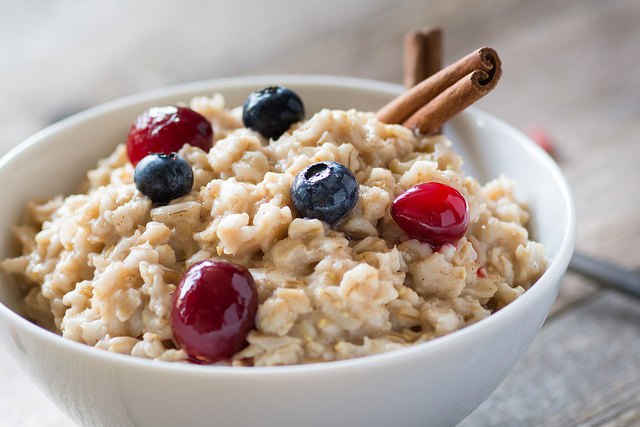
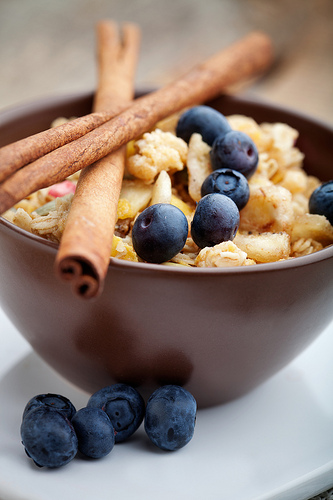
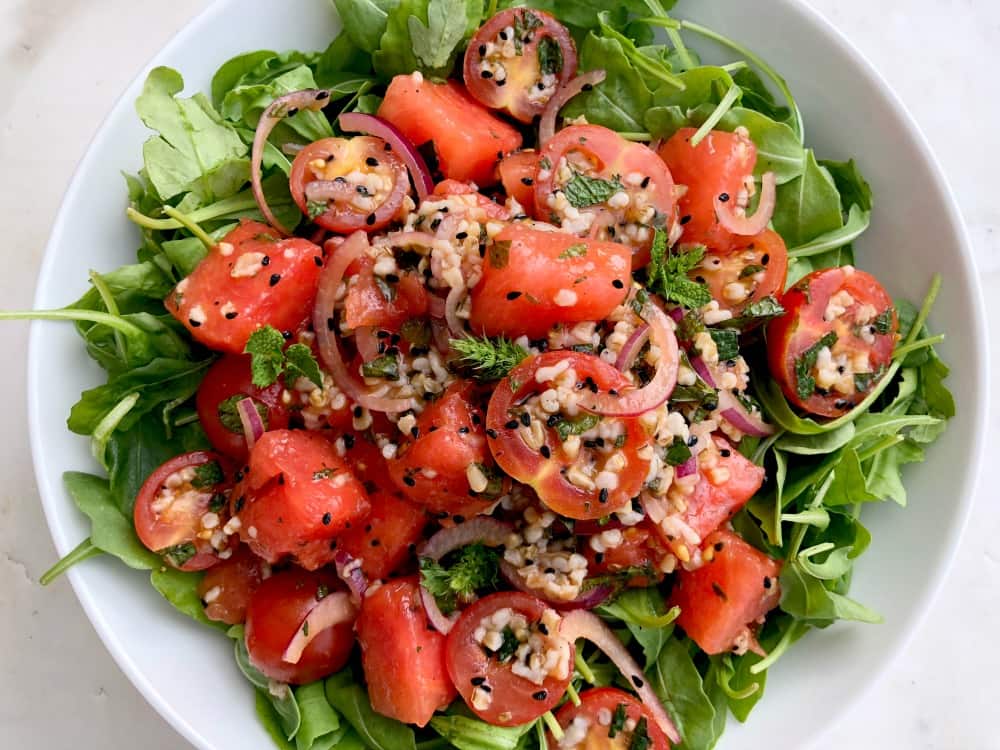
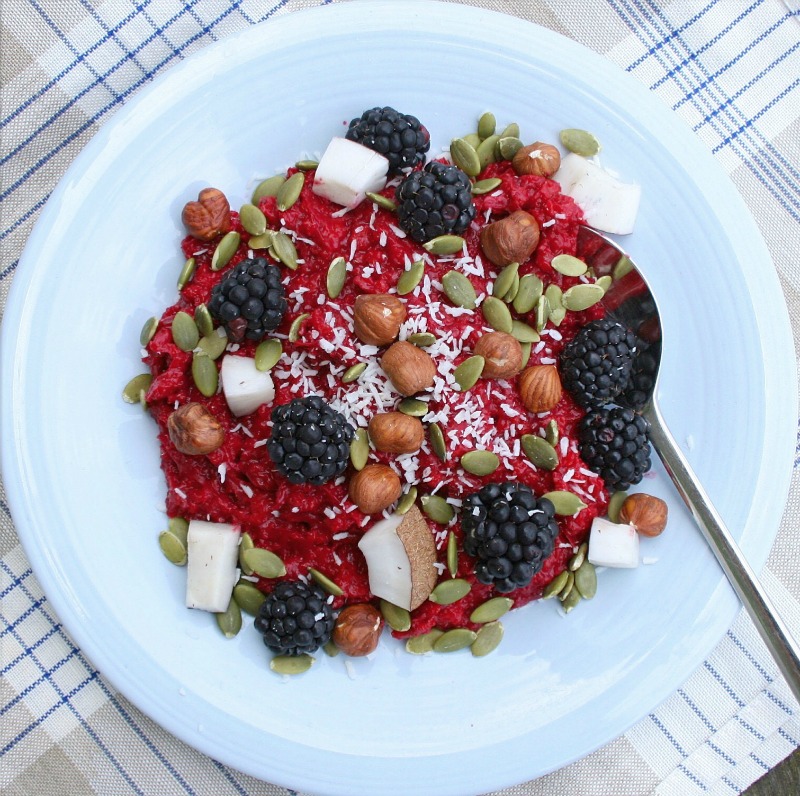
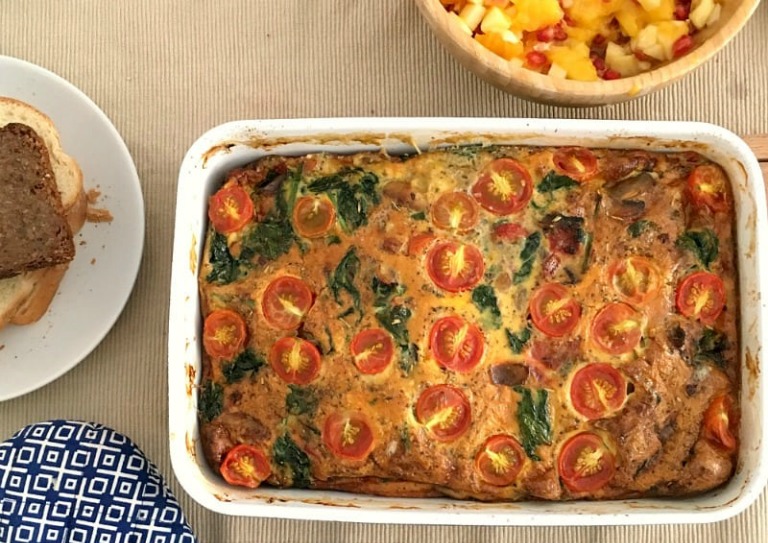
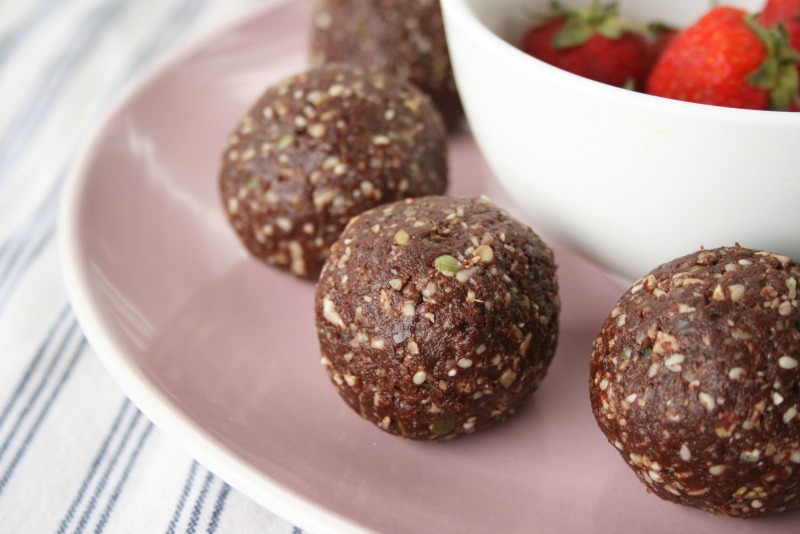
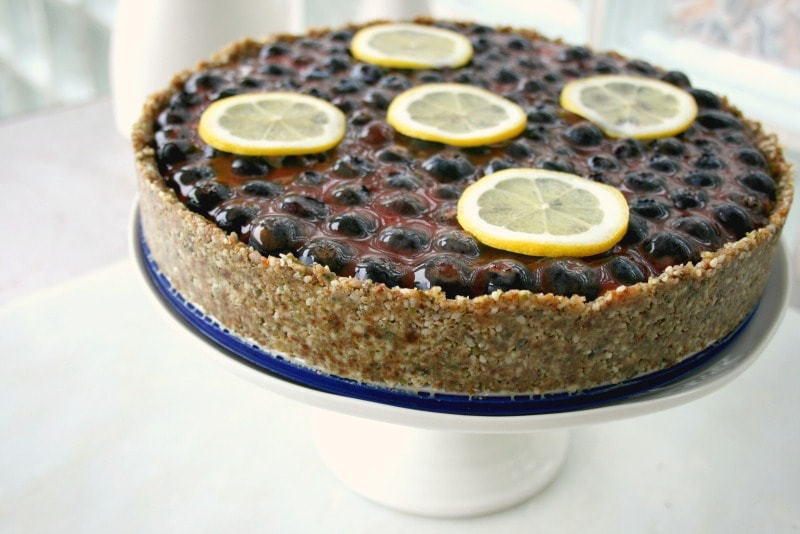
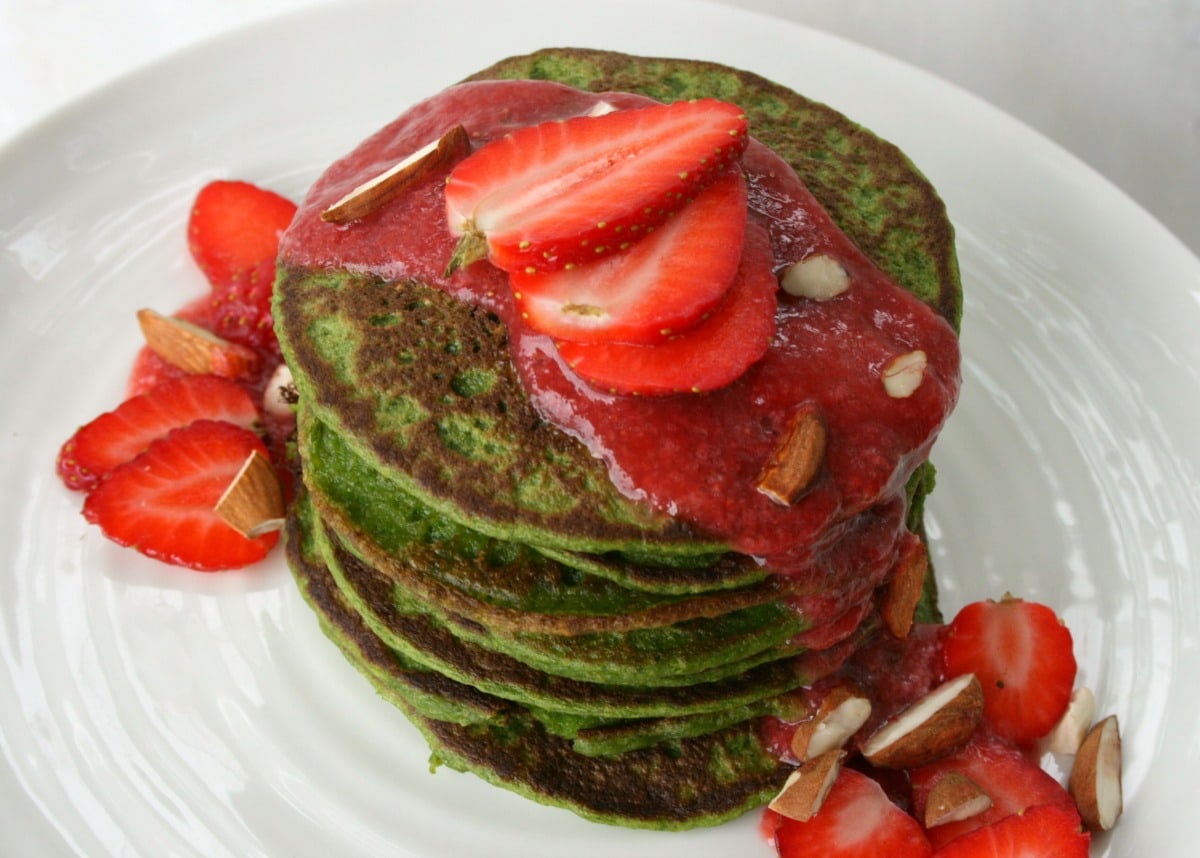
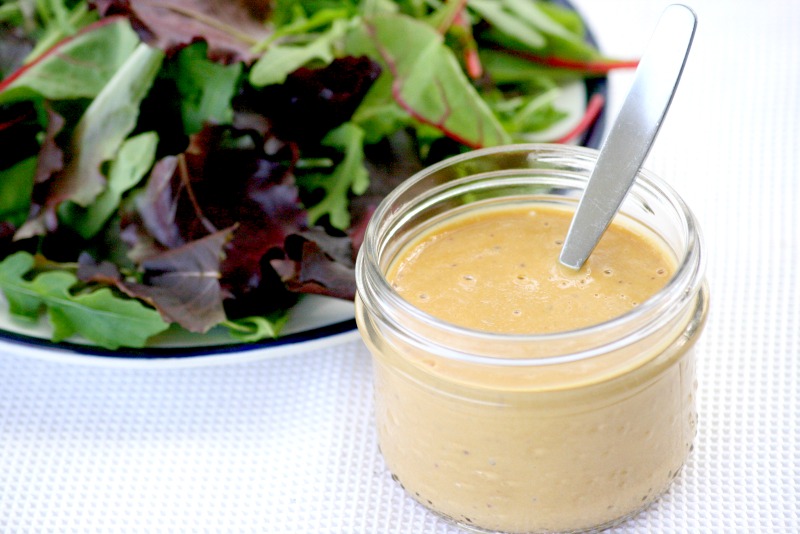
thanks for sharing!
Hi, Laura! I came across your blog and really enjoy reading it! I am also a blogger and have nominated you for a Liebster Award! For details, look here: https://thepaceblog.wordpress.com/2014/08/29/liebster-award-sharing-time/
I have been fighting high cholestrol for over 20 years. I cam home from the doctors and my cholestrol is now 285, even through I thought I was eating healthy. Came across your blog and I am committed to following your advice to see if I can reduce my LDL and triglycerides by my October reading.
Hi Laura – kudos to you for making this decision and I am so happy to take this journey with you here on the blog. Please let me know how you are doing, and if you have any questions, fire away! One of the best things to do early on, is start having a green smoothie every day. This one in particular is a huge cholesterol reducing tool: https://theconfidencekitchen.com/2012/12/02/eat-this-daily-reduce-cholesterol-with-easy-green-smoothie/ All the best! xx Laura
Hi Laura, thanks so much for your blog! I’ve recently decided to be more proactive with my familial hypercholesterolaemia & your blog has so much invaluable info. I have a question about oatmeal: does it have to be cooked? I usually eat chia pudding for breakfast & I have seen lots of recipes for it which include soaked oatmeal, & I wondered if you knew if this would be as effective as making it into porridge?
Many thanks in advance,
Niki ?
Hi Niki,
I had missed your comment earlier – sorry for not responding! I’m a big fan of soaked oatmeal on occasion. Bircher soaked oats are a tasty and quick breakfast. As for how it compares to cooked oats – that’s a fantastic question! The studies I’ve seen show that gradually cooked oats contain far more beta glucan (the soluble fiber that reduces your cholesterol), so I still lean towards cooked oatmeal with my habits. But occasional soaked oatmeal seems like a tasty and still healthy breakfast.
What is the best oatmeal to help lower cholesterol
Why would we put 1 tablespoon of coconut oil in this? Coconut oil has a ton of saturated fats which is bad for cholesterol.
Great question Sam – it’s one I get all the time. While coconut oil can raise cholesterol, my key aim with this blog it to help readers to decrease their risk of heart disease. High cholesterol and heart disease are 2 very different things and half of all heart attacks occur in individuals with normal or low cholesterol levels.Coconut oil’s saturated fats are not necessarily associated with heart disease due to their unique composition of medium-chain triglycerides (MCTs). Coconut oil has been shown to increase LDL particle size (which is a good thing!), shifting towards the larger, less harmful, and less atherogenic pattern, which is associated with a lower risk of heart disease. MCTs in coconut oil can improve the lipid profile, boost “good” cholesterol (HDL), and promote metabolic health. Additionally, they possess anti-inflammatory and antimicrobial properties, which may reduce heart disease risk. However, moderation and a balanced diet, including various healthy fats, are essential for overall heart health. I don’t eat a lot of coconut oil and lean towards olive oil, nuts and avocados as my main daily fat sources. Note as well that there is a tiny subset of people who are called “hyper-responders” to saturated fats, including coconut oil, so for personalized advice, it’s key to consult a functional medicine practitioner. In this recipe, you can easily swap in some almond butter for the same great taste.
Can I ask, What is the issue with instant oatmeal.
Thanks for your question Lenora – the reason why it’s generally best to avoid instant oatmeal is that it’s much more granular and processed than steel-cut oats (also called pinhead oats).
“Granularity” refers to the texture and physical form of food, based on how finely or coarsely it has been processed or ground. It describes the degree to which a food product has been broken down from its original whole form.
For instance, when comparing steel-cut oats to instant oats:
I hope that helps!
Laura